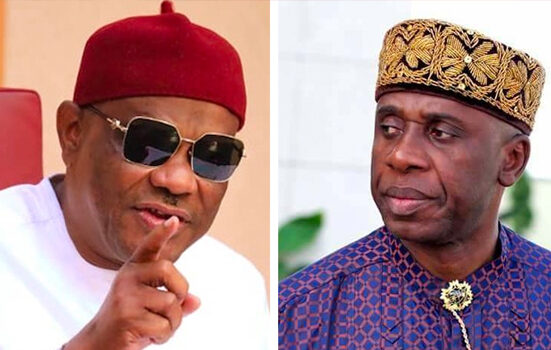Buba Galadima, a prominent figure in the New Nigeria Peoples Party, recently shared his insights in an interview with Arise TV that shed light on the current state of affairs in Nigeria’s governance. In his compelling discourse, Galadima painted a stark picture of the judiciary and legislature, portraying them as mere servants of the executive branch. This bold statement immediately captures attention and sets the stage for a deeper exploration of the challenges facing the country’s political landscape.
Galadima passionately argued that the core issue plaguing Nigeria is not its constitution but rather the prevailing attitudes that undermine the principles of democracy and justice. He lamented the state of the judiciary, expressing his concern that it has failed to fulfill its mandate to uphold the rule of law and act as a check on executive power. This critical assessment highlights the erosion of institutional independence and the growing influence of the executive over other branches of government.
One of the key areas of reform that Galadima emphasized is electoral processes. He stressed the importance of ensuring that the votes of the people truly count, signaling a need for comprehensive electoral reform to restore faith in the democratic process. By shining a light on this fundamental issue, Galadima underscores the urgency of addressing systemic flaws that compromise the integrity of elections and diminish public trust in the political system.
In the midst of these challenges, Galadima’s insights offer a valuable perspective on the broader implications for Nigeria’s governance. His critique of the current power dynamics within the government raises questions about the balance of power and the accountability of public officials. By highlighting the subservience of the judiciary and legislature to the executive, Galadima calls attention to the need for a reevaluation of the separation of powers and the principles of checks and balances that are essential for a functioning democracy.
As we reflect on Galadima’s words, it becomes clear that his message extends beyond a mere critique of the status quo. His analysis serves as a wake-up call for Nigerian citizens and policymakers alike, urging them to confront the systemic issues that threaten the foundations of democracy. By challenging the prevailing norms and advocating for meaningful reforms, Galadima echoes the voices of many who seek a more just and equitable society.
In conclusion, Buba Galadima’s assessment of the state of Nigeria’s governance is a powerful reminder of the ongoing struggle for democratic principles and the need for vigilant oversight of those in power. As he calls for a reinvigoration of the judiciary, legislature, and electoral processes, Galadima champions the cause of transparency, accountability, and justice. His words serve as a rallying cry for all those who believe in the promise of democracy and the potential for positive change in Nigeria’s political landscape.









Leave feedback about this